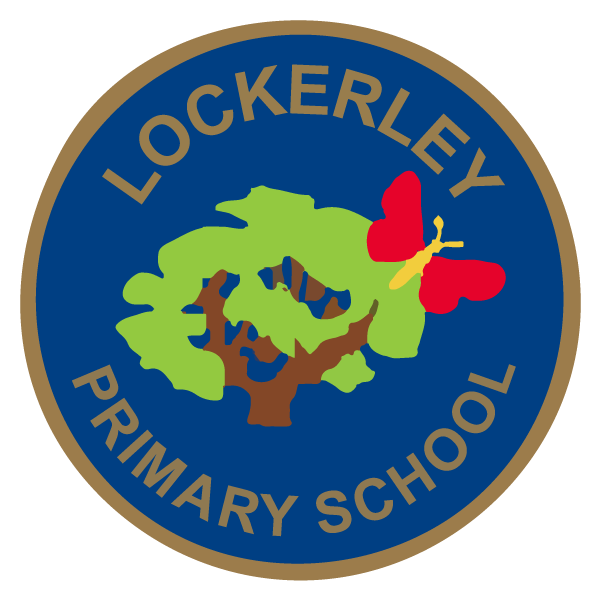Music
Vision
Our curriculum at Lockerley Primary School encompasses the following aims to meet the needs of our children and the Music curriculum is a vehicle to bring these aims to life:
ACTIVE - A variety of pitched and unpitched musical instruments are available for children to use for compositions and performances. These instruments are used regularly in lessons and across a range of musical activities, allowing pupils to create, and perform with confidence. In addition to classroom music, children take part in immersive experiences such as school productions and instrumental ensembles. These provide a broad and engaging musical education, developing key skills in composition, performance, and listening, while also building teamwork, creativity and self-expression.
EXPERIENCES - As a school we provide a breadth of opportunity to explore different musical styles through performances and church services. These opportunities compliment and build on those from within the school setting.
DIVERSITY - Teaching across both key stages provides opportunities for children to develop their cultural awareness through the exploration of music from different societies and traditions. By engaging with a diverse range of musical styles, genres and cultural contexts, pupils begin to understand and appreciate the rose of music in communities around the world.
PURPOSE - Making meaningful learning is central to our teaching. Learning journeys are made clear to the children with an outcome we are working towards and the steps along the way. We have developed ‘real life’ opportunities for children to share their work.
Music Curriculum Implementation
EYFS
EYFS planning is matched to age and stage appropriate curriculum. Musical skills are adapted to match key areas of the curriculum, with children building on their knowledge of everyday sounds and songs that they are confident with, such as Nursery Rhymes. The provision includes individual and small group work, and a balance between guided interaction with direct teaching and child-led activities. Objective led planning allows the teachers to tailor individual next steps, based on assessments, into the environment and play-based activities for the children. Small group work is used to target particular needs, and early intervention is also used 1:1 with a child if they have been identified as not keeping up.
Y1-6
At Lockerley Primary School, the music curriculum is taught through weekly 1 hour music lessons for every child.
We deliver a carefully planned sequence of learning which builds clear progression (see progression of skills documents below). This sequence of learning is based on the Model Music Curriculum and builds on children’s ability to perform, compose, listen and understand music. The musical elements (pitch, duration, dynamics, tempo, timbre, texture, structure) form the core to children’s musical knowledge and understanding.
In Key Stage 1, music teaching focusses on developing children’s musicianship through control of beat, rhythm, and pitch. These foundational skills are built through singing movement, games and the use of simple instruments, helping children internalise core musical concepts in a playful and engaging way.
As children move through the school, they engage in a range of practical and creative activities that allow them to explore the musical elements in greater depth. They learn to manipulate and control elements such as dynamics, tempo, timbre, structure and texture, and begin to make meaningful connections between them. This progression ensures a deepening of musical understanding, enabling pupils to apply their knowledge confidently in both performance and composition contexts.
By the end of Y6, all children should be able to:
- Sing with accurate pitch in unison or harmony, with attention to phrase and dynamics, performing with confidence and musicality.
- Listen to a wide range of music from different historical periods, genres, and cultures, and be able to articulate their understanding using accurate musical language.
- Create and compose music, combining different sounds and expressing musical ideas.
- Develop an understanding of the interconnected dimensions of music, including pitch, duration, dynamics, tempo, timbre, texture, and structure.
- Be capable of playing a simple melody on an instrument in an ensemble, and to learn it from staff notation.
We also strongly believe that within our curriculum skills should be developed alongside knowledge. Therefore we have a set of core skills at the centre of our curriculum which underpin everything we do. These build progressively as the children move through the school.
- To seek out and enjoy challenges
- To ask questions to extend thinking
- To collaborate with others
- To overcome barriers by trying out alternative and adapting or developing ideas
- To assess themselves and others
- To show commitment and perseverance
- To connect ideas and experiences in different ways
- To generate ideas and explore possibilities.
Music Curriculum Impact
Assessments are made by the teachers continuously and used to plan subsequent lessons. Seesaw and floorbooks are used within EYFS and KS1 to record observations and assessments. This shares learning with parents and we encourage parents to share learning from home through this platform. Live marking within lessons drives immediate feedback and adaptations to learning. If feedback is given after the lesson, children are expected to respond to the marking during the following session. Teachers track individual progress on assessment sheets which identify children not achieving Age Related Expectations and those exceeding them. This provides information for the pitch of teaching in the next term.












